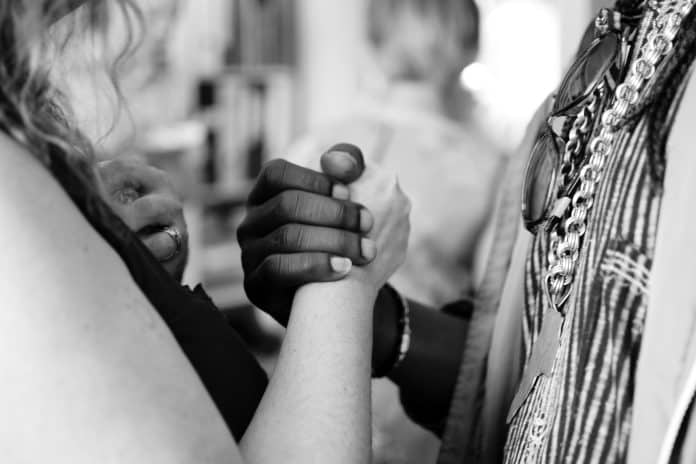This article was originally published on fee.org. By Lawrence W. Reed
It is curious that physical courage should be so common in the world, and moral courage so rare,” wrote Mark Twain more than a century ago.
If moral courage means knowing what’s right and both doing it and defending it in spite of fear or obstructions, would you say we’ve improved over the years? My heart wants to say yes but my head tells me no. Every day seems to bring distressing news of moral courage in decline.
When we see acts of moral courage, we should recognize and applaud those who show it. We should feel emboldened to practice more of it ourselves.
Here’s an example. It happened three years ago but it’s still front-and-center in my mind. The story comes from Kansas City, Missouri. A struggling, single, black mother named Shetara Sims, who lost her job early in the pandemic and her daughter to street violence in 2012, did an incredible thing. She had only seven dollars to her name but when she found a dollar bill on the ground, she bought a lottery ticket and won $100. Amazingly, she donated her entire winnings to help a police officer who had been shot in the head a few days before. (Read about it here: https://bit.ly/3NheZU2)
Shetara had no obligation to make that donation and she surely had bills of her own to pay. It wouldn’t have been wrong in any way if she had spent the winnings on herself. She was appreciative of the way the police handled the death of her daughter back in 2012 and in a small way, this gift enabled her to express that gratitude. The Kansas City police responded by forming a GoFundMe page with a goal to raise $10,000 for Shetara. In a few months, it generated more than $167,000.
Using the money those policemen raised for her, Shetara started a company in 2021 called Prestige Hauling & Delivery. She has since helped several dozen people earn commercial driver’s licenses and get a new start in life.
Here’s another story, one that is some 30 years old that I’ve told and re-told a hundred times. You can read about it in Ted Engstrom’s book, Integrity. The setting was the little town of Conyers, Georgia—a town full of salt-of-the-earth, self-reliant and patriotic citizens.
When school officials there discovered that one of their basketball players who had played 45 seconds in the first of the school’s five post-season games had actually been scholastically ineligible, they returned the state championship trophy the team had just won a few weeks before. If they had simply kept quiet, probably no one else would have ever known about it and they could have retained the trophy.
To their eternal credit, the team and the town, dejected though they were, rallied behind the school’s decision. The coach said, “We didn’t know he was ineligible at the time … but you’ve got to do what’s honest and right and what the rules say. I told my team that people forget the scores of the games; they don’t ever forget what you’re made of.”
In the minds of most, it didn’t matter that the championship title was forfeited. The coach and the team were still champions—in more ways than one. I’ll bet those students learned a lesson in moral courage they’ve never since forgotten.
We all should be inspired by such stories. More of them may be just what we need to lift both our spirits and our character. If you agree, take a look at Are We Good Enough for Liberty? and encourage friends and family members to read it as well. Thank you!
Lawrence W. Reed is FEE’s President Emeritus, Humphreys Family Senior Fellow, and Ron Manners Global Ambassador for Liberty, having served for nearly 11 years as FEE’s president (2008-2019). He is author of the 2020 book, Was Jesus a Socialist? as well as Real Heroes: Incredible True Stories of Courage, Character, and Conviction and Excuse Me, Professor: Challenging the Myths of Progressivism. Follow on LinkedIn and Like his public figure page on Facebook. His website is www.lawrencewreed.com.

